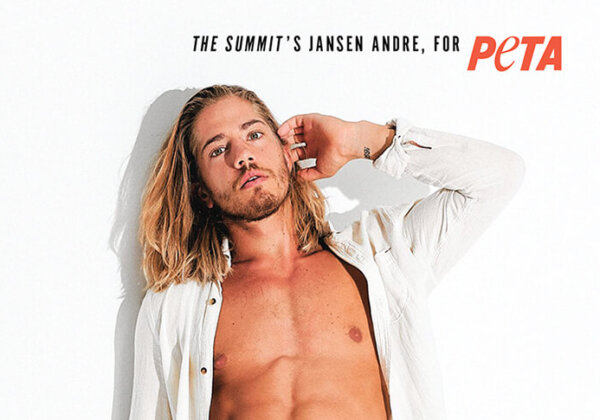COVID-19 Vaccine Rollout: Should Abattoirs Be First in Line?
Australia’s COVID-19 vaccine rollout strategy has been announced. Phase 1 candidates will receive the Pfizer inoculation starting in March, followed by a wider distribution of the AstraZeneca jab during Phase 2.
Who is included in Phase 1? Quarantine, health-care, aged-care, and disability workers – quite rightly! Indigenous people over 55 and others over 70 – great! Essential and high-risk workers – police, fire, defence, and emergency services – yes, and give them a medal, too. And meat-processing workers – wait, what?

Abattoirs: High Risk but NOT Essential
Abattoirs certainly have a higher risk for COVID-19 transmission than many other workplaces. Experts say this is because of cold temperatures, dry air, and the inability of workers to maintain adequate physical distances on fast production lines.
In May 2020, an outbreak of the virus at Cedar Meats in Melbourne led to more than 100 cases of COVID-19, and in July, another 80 cases were linked to an outbreak at Colac abattoir in western Victoria.
Australia is not unique in this. Other such outbreaks have been reported in abattoirs in France, Germany, Ghana, Ireland, the UK, and the US. Then there’s the fact that in Australia, the injury and illness rate for workers in the meat industry is four times the national average, since staff are often forced to work at reckless speeds in order to maximise production.
Killing animals is miserable, dangerous, and poorly paid work in settings ideal for contagion, but it is certainly not an essential industry.
The result of shutting down slaughterhouses and retraining workers would be reduced pollution, improved public health, and the end of the terror and agony endured by millions of animals every day.
In addition, we know that around 75% of recently emerging infectious diseases affecting humans are transmitted from other species and that factory farms and slaughterhouses are ideal environments for the propagation of new viruses, so we might just avoid unleashing the next pandemic, too.
 Aussie Farms
Aussie Farms
Should Australia inoculate abattoir workers during Phase 1?
We are not naïve enough to think that slaughter lines will stop tomorrow. However, if the meat industry were truly worried about the safety of its workers, it would also slow down the pace of slaughter and decrease quotas so that staff could be appropriately spaced out and eventually moved into less risky occupations that are actually essential.
Because of labour shortages, farmers all across the country are dumping crops. A report commissioned by Hort Innovation predicts a shortage of up to 26,000 workers to pick and pack fruit and vegetables in Australia.
If we weren’t vaccinating high-risk, non-essential abattoir workers in Phase 1, those life-saving doses could be administered to others in need.
From workers’ rights to public health, the environment, and the suffering of animals, the destructive effects of the meat industry are felt in so many ways. You can help change all that when you stop supporting the exploitation and slaughter of living, feeling beings. Pledge to go vegan now:







